|
10/31/2017 Poetry by Sheldon Lee ComptonBuddha Rat I. Someone will read this and think, they’ll be thinking, thinking awfully hard, Who is this? What is this moving toilet of words? II. There are rats everywhere in this house. Five or six creek rats. Thick tails, oily bodies, all the things you’re thinking about rats, probably. They squeal and stomp inside the fireplace, in and out and in holes they’ve chewed into the sheetrock, low to the floor where the trim should be. But rats. Rats by mountain load. III. And still this moving toilet of words. That toilet full of rats that write in cursive threats across my walls inside of my skull. Nothing makes me feel better. Not even X-Files. IV. I hate the way my face looks. Drooped, unsacred, tired in a way separate from drooped, scarred, stroke-drooped, cigarette-old, tortured-young, sagging, envious. My face is a rat. I’m like a swollen rat. Like the swollen rat in a trash can full of rainwater at the end of my house that I will never ever touch and will leave forever placed where it is rotting. Nokemon These are my goodling shoes. She probably has some kind of woodpecker cushion brain A posthumous existence 1 Floating in a butterfly’s eye. A Pavlovian rock hound. Do you play Pokemon Go? Nokemon. 2 Nine inch nails of snow. Sing for me as you once did when the river caught your tongue. 3 Happy birthday, Spraynard. I’m disappointed in you. 4 1 John Keats in a letter describing how his life seemed during the bout of sickness that would eventually take his life at the fair age of 25. Later, he would yell at those around him, asking when his posthumous existence would be over. 2 From one of those Facebook questionnaires asking if I play Pokemon Go. This was my answer, trying to be as clever as I possibly could on social media. 3 From the television show Taboo. In episode one of the first season, Tom Hardy’s character, James Delaney, says this while having hallucinations of dead people coming back to life to try to kill him. 4 A line from Tim and Eric’s Awesome Show. The episode, from season one and called “Dads,” involved a prank phone call during which Tim said his son’s name was Spray, short for Spraynard. Later the two sentences used in this poem were put on a wall in decoration for Spraynard’s birthday party. Filicide Muse I sense you are religiously unhappy with me so don't call the alligator big mouth til you cross the river. 1 Alligators look kind of like birds so all birds look like chickens to me. 2 I always liked to see my stepdad kiss my mom. I wanted them to love each other. Let me be your filicide muse; we will fight in the shade 3 round the basement of my soul. I’m more of a whatever. I’m more of a God’s incest jam. 4 1 A line from the 2016 remake of The Magnificent Seven. It’s a part where they’re crossing some country apparently rife with Comanche. Not sure which character said it, but it wasn’t Vincent D’Onofrio, who played, by far, the coolest character. I guarantee you he thought of that voice for his character on his own. 2 From a song by Sweet Papa Stovepipe, which I was turned onto while reading Michael Robbins’s Equipment for Living: On Poetry and Pop Music. 3 From the film 300 and beautifully and badassedly said in response to this line: “Our arrows will blot out the sun.” 4 My revised version of a comment made by Jereny Tackett after reading Cy Est Pourtraicte Madame Ste Ursule, et Les Unze Mille Vierges by Wallace Stevens. I can’t write what his original comment was here for the same reason I can’t right it above. We all fall victim to censorship from time to time, even if it is self-inflicted. But I do hate myself for it. So you know.  Bio: Sheldon Lee Compton is a short story writer, poet, and novelist from Kentucky. He is the author of three books of fiction and an upcoming collaborative chapbook of poetry. His most recent fiction and poetry has appeared in Wigleaf, BULL, Mannequin Haus, and Vending Machine Press. You can find him @bentcountry on Twitter and by visiting bentcountry.blogspot.com. 10/30/2017 Artwork by Daniel de Culla 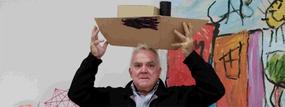 Bio: Daniel de Culla is a writer, poet, and photographer. He’s member of the Spanish Writers Association, Earthly Writers International Caucus, Poets of the World, (IA) International Authors, Surrealism Art, and others. Director of Gallo Tricolor Review, and Robespierre Review. He participated in many Festivals of Poetry, and Theater in Madrid, Burgos, Berlin, Minden, Hannover and Genève .He has exposed in many galleries from Madrid, Burgos, London, and Amsterdam. He is moving between North Hollywood, Madrid and Burgos 10/30/2017 Poetry by Aaron ConklinThreadbare Hearts in the Eternal Summer Night Do you remember those deathless summer nights, drinking gallons of red wine on the balcony porch of our apartment? Parading our worth like an orchestral work of self-indulgence and keeping our tattered inadequacies shielded behind the volume of drunken grandiloquence. Can you still hear the jubilant charade of our significance? Our time, our moment, our voluptuous laughter in the dark serenading the passing strangers from high upon our grandiose veranda? The echoes of our shameless bravado, ripe with the luscious taunting of debauchery. Hollow eyed dreamers desperately clinging to the sweet inebriation of our youth, and never giving it a single second to sober. Do you remember drowning through mad days of incoherent despondency? Our will confined to the ornamented escapism we had built into a life. Oh, how we felt the weight of living so much stronger than we ever had before! With our reckless sentiments bashed to rags against one another’s hips our loins swollen and sore, with the names of former lovers on our lips. Then lying awake in suspended midnight, brimming with unfulfilled passion, and confused by the aftermath of our choices, the loosened stitches of our threadbare hearts unraveling. Do you remember so many inarticulate disappointments with the world and how they all made us want to die? Song of the Autotelic Charlatans Writers must keep reading one another's work. Artists must keep talking about one another's visions. In doing so we convince ourselves, that the torment and eternal weirdness is significant, that the shame and the guilt and the lust and the humiliation of being ourselves, is a part of something broader and grander than our understanding. Superior to normalcy, richer than mediocrity, more true to life than societal projections of decency. Musicians must sing and celebrate each other's songs because it nourishes the false religion of ourselves. The constant chatter that speaks in empty circles, the complicated ways of saying very little, masked as some individualistic affair philosophizing the inexplicable, translated through elitist jargon from behind cabernet stained teeth, eluding to nothing. A transcendent smokescreen, a forced idea that's more comforting than reality, that is easier for us to accept, than the aching truth of our inadequacy. It is a mass generated spell of hysteria, that reverses our importance to the world, that grants us value for the more broken we are. Do the poets truly talk to god? Or do we just covet our own reflection in the idea of omniscient deities? Awkward, misfit, self-absorbed romantics with lies on our tongues and desperate dreams bleeding from our heads. Nevertheless, I know not how to silence this voice, nor do I really want to stop it from speaking. and I don't really want you to turn off your voice either.  Bio: Aaron Conklin lives Warrensburg, MO on a small farm with his wife and two sons. Having graduated from the University of Central Missouri in 2014 with a BS in Education, Aaron is a high school English teacher and a middle school wrestling coach. His hobbies include studying chess, practicing martial arts, and writing poetry. When asked about where he finds his inspiration for writing, Aaron stated: "I choose to live simply, close to the earth, and in service to others." 10/30/2017 Poetry by Elisabeth HoranI'm Coming you look like hell, but i wouldn't say it to your face i'm wondering where the laugh lines went - replaced with metal solder drippings, prison tear tattoo committee in-service; invisible master spoon jab toilet fuck sold down the river, like so many slaves - mouth of dirt cheap to worry vile; antagonize your brain, lobes gone paralyzed. he is quick with his whip, lashing out in leather licks cerebellum kisses Punisher warden Murderer robbins (you know who this is) keeps you locked away from me in a cavern. i'm sending in a troll, the gollum with payment of 40 baby teeth; a goat, and my 200 foot long braid of gold ive got to save you from your solitary confinement you already seem tired, more bald - certainly worse for wear. Grab hold imploding is harder than using a knife - writing a note, giving up life the chasm will close grab hold of some handle my hair, my spine i can handle your weight so can others - trust staying takes an effort like floating on water with sharks below and blood dripping as much as the flail comes to mind, limb flutters instinctual panic don't do it settle, calm; take a look around - leaves are falling bread needs baking levees need mending canyons catcalling. you could go, you are right, for then it might stop the hurting - but there would be no wayward light - no broken wings no charcoal smudges; no bad hair days, neither your dad's vinyl; even mittens by and by, unravel only clear blue abyss and you still floating above it. i wouldn't come too. i would stay here in the mess-fuck world missing and thinking of you.  Bio: Elisabeth Horan is a poet, mother, student, lover of kind people and animals, homesteading in Vermont with her tolerant partner and two young sons. She hopes the earth can withstand us and that humans may learn to be more kind to each other and to Mother Nature. She has recently been featured at Quail Bell Magazine, Dying Dahlia Review and The Murmur House. Elisabeth is a 2018 MFA Candidate at Lindenwood University and teaches at River Valley Community College in New Hampshire. Follow her @ehoranpoet. 10/30/2017 Poetry by Ryan Quinn FlanaganGrindhouse The grindhouse was what we called the local slaughterhouse long before it became a popular film genre term and each time my parents bought ground meat I tried not to think of the animals that went into dinner the blood against the plastic as the cashier rang it through. As I get older, things don’t bother me so much. There is life and then there is death and the world goes on. But Tarantino can’t take credit for this one. The slaughterhouse was there long before him and it will be there long after him as well. Skunk Drunk I told him he should make a jailbreak which is a hell of a thing to say to someone that doesn’t know they are incarcerated, but I was skunk drunk and mean coming off three straight twelves largely sleepless and looking to prance the flea collars out of televised dog shows, and the face he gave me at first as though he were a contestant on a game show who didn’t have the answer but knew he had to say something and the way I shrugged my shoulders and walked off knowing it was not one of my finest moments or his. 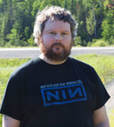 Bio: Ryan Quinn Flanagan is a Canadian-born author residing in Elliot Lake, Ontario, Canada with his wife and many bears that rifle through his garbage. His work can be found both in print and online in such places as: Evergreen Review, The New York Quarterly, Anti-Heroin Chic, In Between Hangovers, Red Fez, and The Oklahoma Review. 10/30/2017 Poetry by David LohreyThe Last Folk Singer The last folk singer steps out onto the stage. He carries his guitar and an old banjo. They say he learned to sing from a Jew in Kansas City but I know for a fact he learned while in prison in the State of Utah. They don’t call him a folk singer because of his broken teeth. They don’t praise his looks or his buckskin jacket. The last folk singer can barely walk, and when he talks you can see his stained teeth. His voice stands out and so does his ugly nose. But when he sings, he makes grown men and women cry. They bawl. When the last folk singer was young, the ladies held their breath. He’d just wink and they’d fall out, as their friends screamed and carried on, begging for more. He looks a hell of a lot like Pete Seeger, but has had white hair from 30. He looks a little like Johnny Winter and a whole lot like Andy Warhol. People can remember him so well from when he was young. He had long hair and never wore a shirt. They say he got his tattoos while in state prison and he was sent there for stabbing his sister. He croons and strums, hollers and cries; he plays his guitar real loud; then he’ll get mad and storm out over nothing. Furry Lewis who hailed from Memphis was said to have been a friend but not his neighbor B. B. King, who didn’t like him one bit. Rumor had it he came from Alabama, but Furry swore he was born in a shit hole somewhere south of Jackson. The happiest time of his life was the summer his tomatoes grew the size of his wife’s favorite dinner plates. They were gigantic and he took them with him to church in a basket to give away. This went on for what seemed like forever, and he never forgot it. The rest of the garden was fine, but when he thinks of those tomatoes he smiles. The last folk singer began to lose his balance. His body began to fail. At last, they wheeled him out in a special chair, a golden throne on casters. He sat through most of his songs, but he always stood for the Star-Spangled Banner and America the Beautiful. The last folk singer hasn’t long to live. He’s given away most of his prized possessions, including his Stetson and his Gibson guitar. Last week he sold me his red boots and his silver buckle. He’s down on his luck. As he lay dying, his manager, Burt Cole, waited for his final words. Even the doctor leaned in and everyone hushed: “I never sing about nothing I didn’t know; I never sing about love.” Bluff City An idle tree wants cutting down. If we apply the rules of thermo- dynamics, growing radishes in one’s back yard makes no sense. Let it be raspberries on prickly bushes, not dirty little roots in the ground. This is a treatise on good sense. Like Swift’s argument in favor of eating children, mine is a defense of watching too much TV. Let’s distribute footballs to the redskins; let’s send the whites back to Europe. I once knew a fat chick named Trish whose boyfriend knocked all my teeth out. My braces held them in place as the blood ran out of my mouth. Even at 16, young men in the South fight over women’s breasts; only in my day, we called them tits. Peaches bruise easily in the heat. I wouldn’t leave the pool gate open at mid-summer. The neighbors might walk in on an afternoon orgy. One forfeits one’s right to privacy when one makes oneself available. I wouldn’t advise working for a company that withholds anything, least of all one’s lunch money. Pecan pie is overrated, like a lot of Southern dishes. Half of sales go to tourists who haven’t a clue. They’d buy a bottle of molasses with a ribbon tied around its neck. Hell, they’d go down on a dick painted red. Most tourists are out and out liars, like first-time home buyers and presidential candidates. The squealing never stops. There’s a lot of commotion. Our President’s been caught with his pants down; our priests have stopped smoking. My best friend built a yurt with a marble floor and a padded cell for throwing tantrums. The transformation is now complete. The destroyers are triumphant; the victims, silent; and the observers, transfixed. Is it time for advancement or retreat? I’d say, where are the people of color? That’s always the question; or that’s the always question. Rose bushes will snag. They’ll catch if you don’t watch it. It’s not just your stockings that’ll run. Roses draw blood. I’d get to work, and while you’re at it, prune the damned bird of paradise. After that, you can head for the basement. When all the work is done, you can lay your head down in the oven. Different strokes for different folks; we are all part of this tale. For reasons that cannot be easily explained, this author is distraught. The Clearing 17,000 Union and 11, 600 Confederate soldiers died on this site. They fought at dawn in the rain. There’s a monument for the Generals in the local town but none for the soldiers. Now they want to take the monuments down. They can have the monuments for all I care. Just don’t cut down the trees. Then men were so hungry they gnawed the bark. To this day you can see their marks. Men relieved themselves where they stood. They couldn’t bathe. Best friends committed mercy killings and then killed themselves. There is nothing natural about war. The calm here clears along with the fog. Look carefully and you can see the blood. Grown men cried and hid their faces. Men said goodbye in the dark. They say now they fought for nothing. They say now they were vain. They say now they were racists. They say now they were weak. It may be true; maybe not. Cousin Verne, though, was no chump. At 6’3” with feet size twelve, he was a strapping lad. He didn’t die to protect slavery. Verne fought alongside his dear cousin, Al. His mother asked him to tag along, that’s all. Verne had poor eyes but could throw a knife. He couldn’t eat for a week when Al got killed. This land here is a pretty sight, I’ll say that. If I were a deer, I’d be happy here. If I were a rabbit, I would make a family. As I’m only a man, I’m content to look on. Bio: David Lohrey grew up in Memphis. He graduated from U.C., Berkeley. His plays have appeared in the UK, Switzerland, Croatia and, most recently, in Estonia. They are available online at Proplay (CA). His poetry can be found internationally in Softblow (Shanghai), Cecile’s Writers’ Magazine (The Hague) and Otoliths (Australia). In the US, recent poems have appeared in Apogee, Abstract Magazine and Poetry Circle. Several have been anthologized by the University of Alabama (Dewpoint), Illinois State University (Obsidian) and Michigan State University (The Offbeat). His fiction can be read in Dodging the Rain and Literally Stories. His study of 20th century literature, ‘The Other Is Oneself‘, was published last year in Germany. Machiavelli’s Backyard, David’s first collection of poetry, appeared in August, 2017. David is a member of the Sudden Denouement Literary Collective. He lives in Tokyo. 10/30/2017 Writing My Life Away by Ann Christine TabakaWriting My Life Away If I could write like other poets, I would have a voice that the world would listen to. But I have taken the book off the shelf too many times. Dog eared pages staring back at me, doodles in the margins. Your words piercing my heart again. I have them committed to memory. A merry-go-round of emotions, never stopping long enough to ask why. Lost years of desire and notebooks filled with rhymes. You were the reason that I wrote. Never a thought for nourishment or wealth, only words of dying affection. The years have passed, and so have you. I hold the book in my hands, wanting my poems to sing out to others, but the shredded confetti on the floor tells a different story. Bio: Ann Christine Tabaka lives in Delaware. She is a published poet and artist. She loves gardening and cooking. Chris lives with her husband and two cats. Her most recent credits are The Paragon Journal, The Literary Hatchet, The Metaworker, Raven Cage Ezine, RavensPerch, Anapest Journal, Mused, Apricity Magazine, Longshot Island, Indiana Voice Journal, Halcyon Days Magazine, The Society of Classical Poets, and BSU’s Celestial Musings Anthology. 10/30/2017 Poetry by Jon BergerThat time I got ejected from a Golf Cart and my Girlfriend Dumped me It was a school night She dropped me off At a party at the gun club That I worked at “If you do something stupid tonight We’re breaking up.” She had a test in the Morning And her green eyes could eat through People like They were Melted butter on a Spoon. Drinking Taking out the governor Drinking Shotguns and pistols And pills muzzle flashes Like fireflies on meth Driving down cement stairs Jumping homemade dirt and drinking and Landing so hard the brakes came Off. bent the roll cage and hit a guard rail And flew out And into A truck My body caused $500 in damage That I didn’t pay Limped for a while With some hematomas She got straight A’s And moved away. Mouse Dog one chromosome above the rest is the king of recess that barely reads a debonair of kickball against the gen ed. kids starts games of tag in the classroom writes poop on the board when no one looks he doesn’t know the word puppy cringing his brow like a scholar he rubs his head and thinks real hard a mouse dog. of course. a better answer than puppy. but the teacher shakes her head he drinks her discrimination like mt dew the chromosome gives him this power he sees past my mr. mask that i am a person be he remains his genetic title forever a knight in shining gym shorts my job is to be his dread of everything. sentencing him to an isolated detention a dungeon is an empty room. a dragon torturing his ability to create gold out of daily life. he slays it all returns smiling and flashing people his balls, running free. Bio: Jon Berger lives in Saginaw, Michigan. His work has appeared in Five 2 One Magazine, Jellyfish Review, The New Engagement, fluland mag, The Bitchin’ Kitsch andOddball Magazine. 10/29/2017 Poetry by Russ Van RooyBuddhas of Bamiyan Oh Buddhas of Bamiyan, You are broken to dust. Your grottos empty, your limbs battered, broken. You feel no sorrow. You do not exist in this world. Oh Buddhas of Bamiyan, You gazed unflinching while humans fought over crumbs of land, over drops of water. over bankrupt ideas of what is, and of what is not moral. Oh Buddhas of Bamiyan, have pity and compassion on us, the human insects who destroy, the murderous scoundrels who scar the land, and take life without a thought. Om mani padme hum. Someone really hurt you when you were young You know, man. I don't want to upset you. I do back flips just to avoid Your ire. Someone really hurt you When you were young And now everyone who has the Misfortune of crossing your path Does like me: make ourselves small And unthreatening, Just so you can indulge in the fantasy That you are powerful, dominating, In control. But guess what? You are just a bullying snowflake. You are afraid of Having feelings. Someone really hurt you when you were young. And now, you are as powerful as you will ever be: Someone with really very little. Someone without friends, Without lovers, Without true respect. You might even indulge in the fantasy that You are happy. You could not be farther from happiness. Someone really hurt you when you were young. And it's not my job to take your shit. Bio: Russ Van Rooy is a guitarist/songwriter software tester armchair philosopher and cosmologist who likes to write poetry. When not contemplating what conditions were like during the first five hundred million years, Russ can be found making pancakes or playing music. Russ has been published by Creative Colloquy and by Oddball Magazine. |
AuthorWrite something about yourself. No need to be fancy, just an overview. Archives
April 2024
Categories |
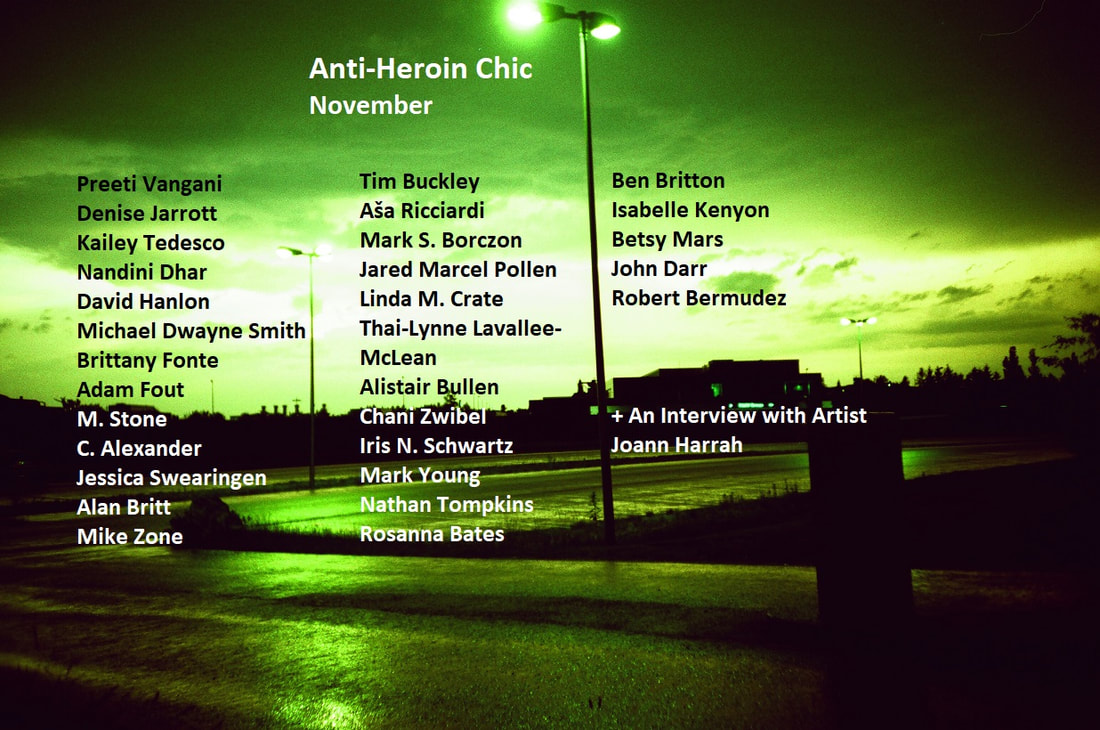

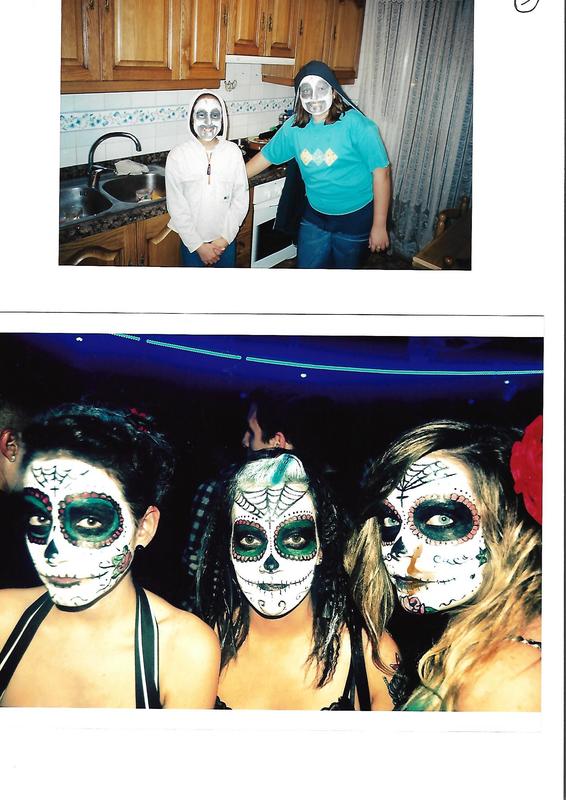
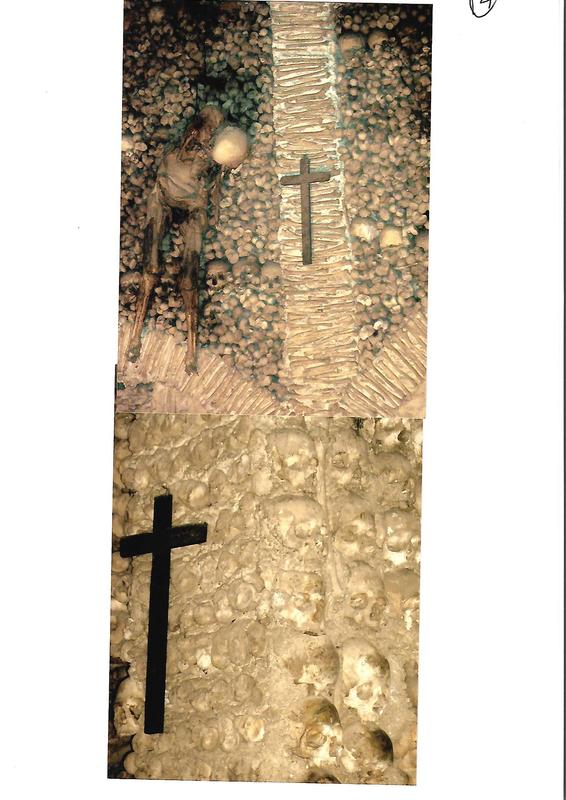


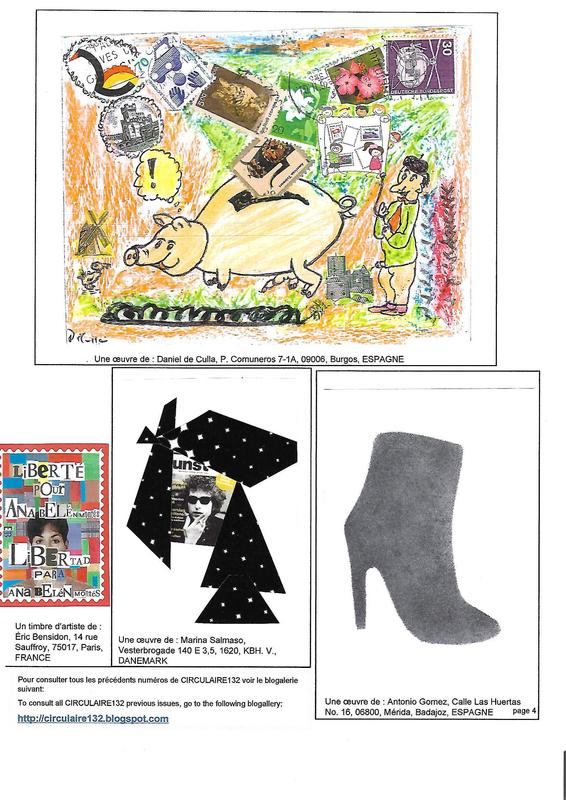
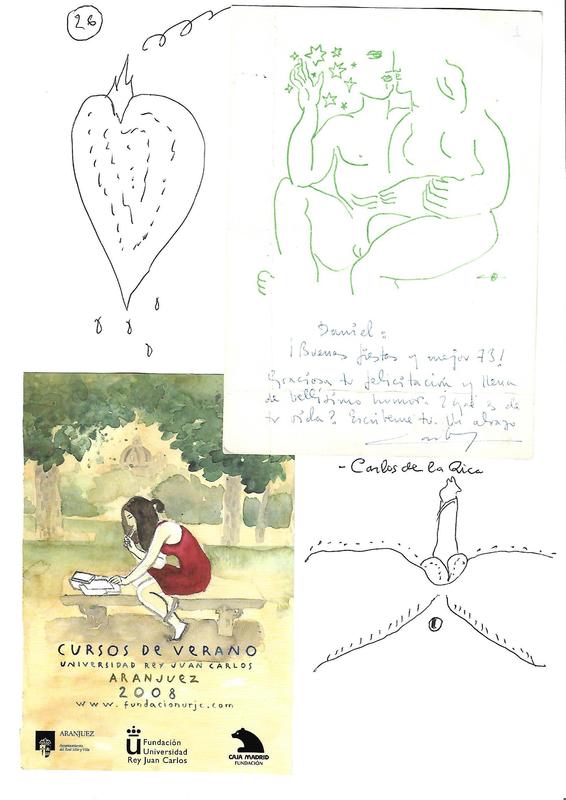
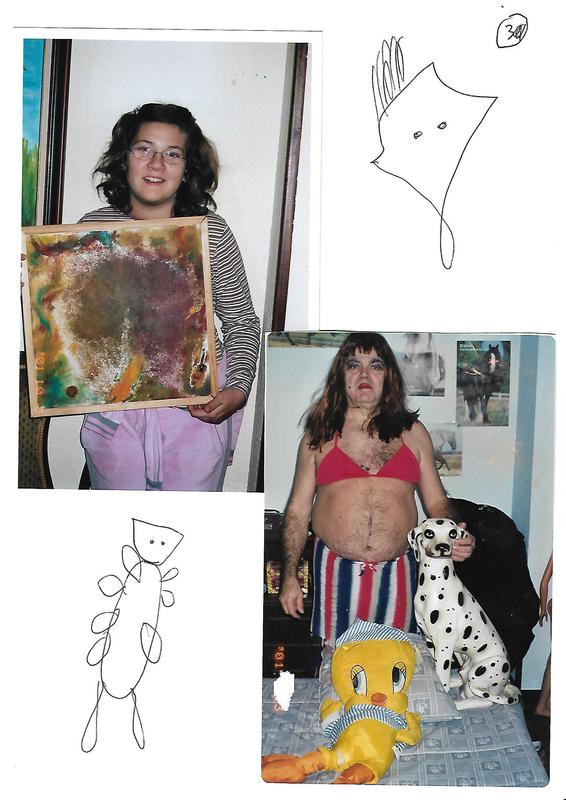
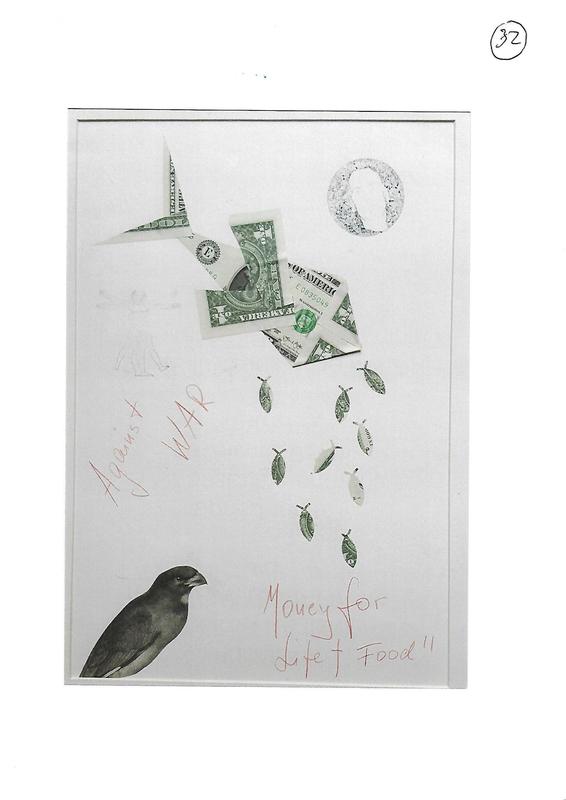

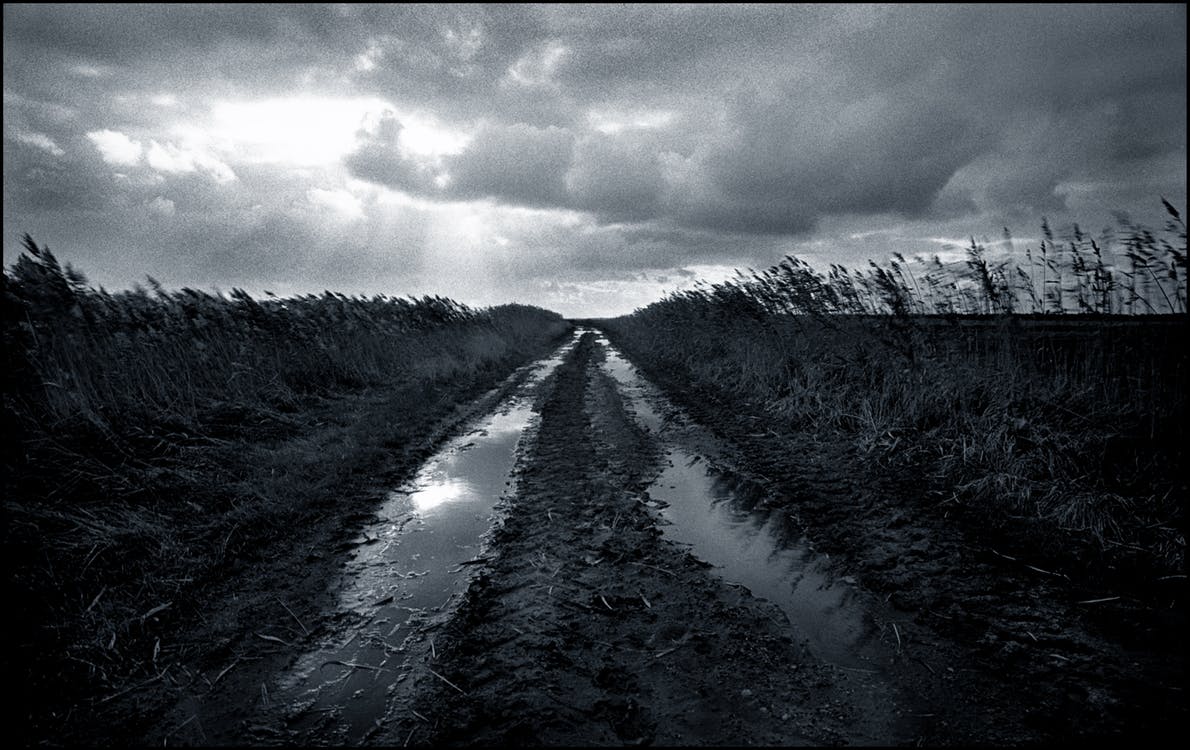

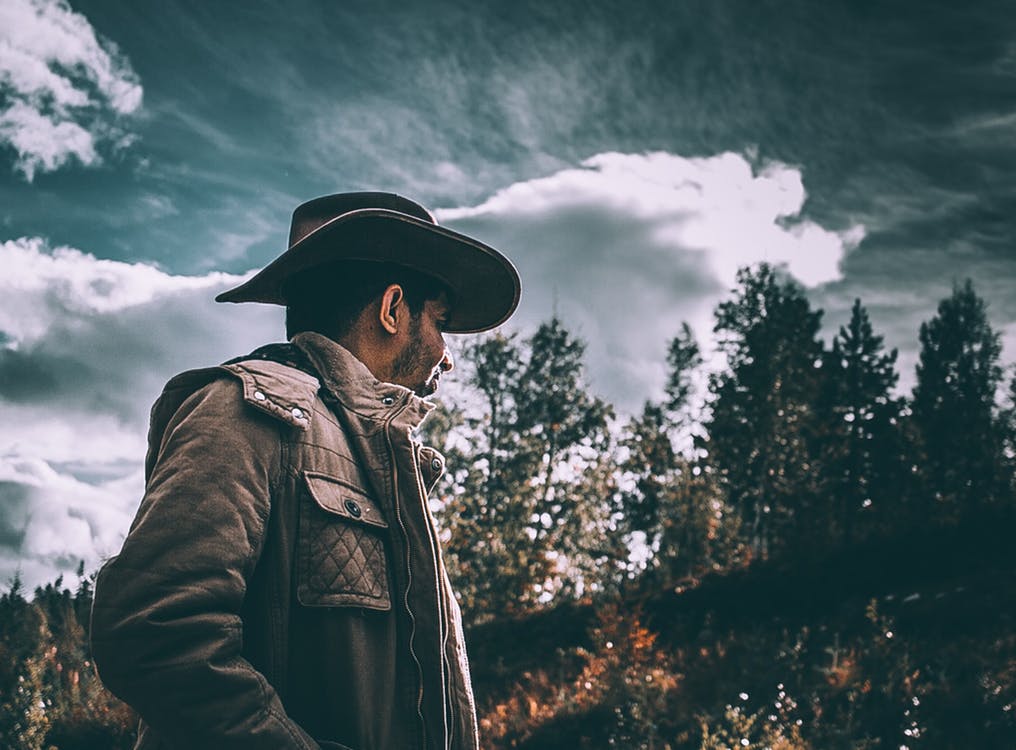


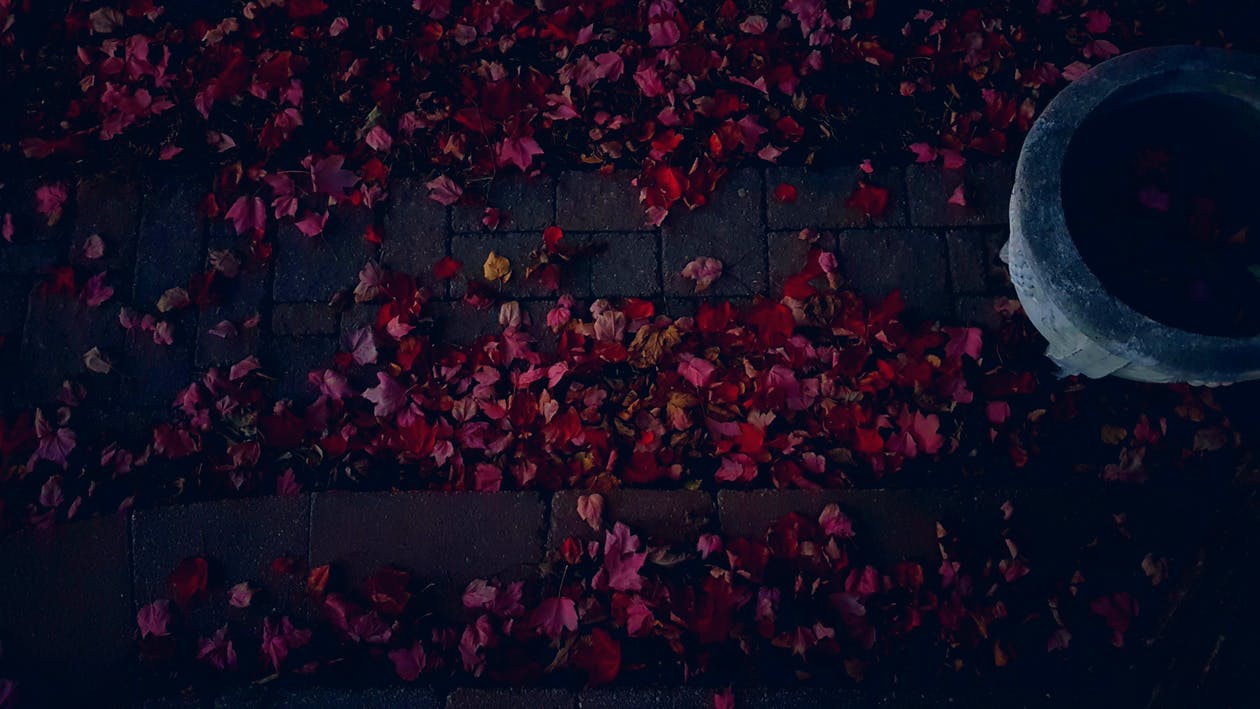
 RSS Feed
RSS Feed
